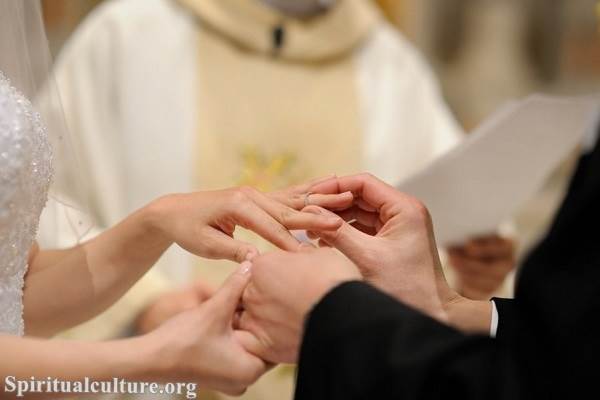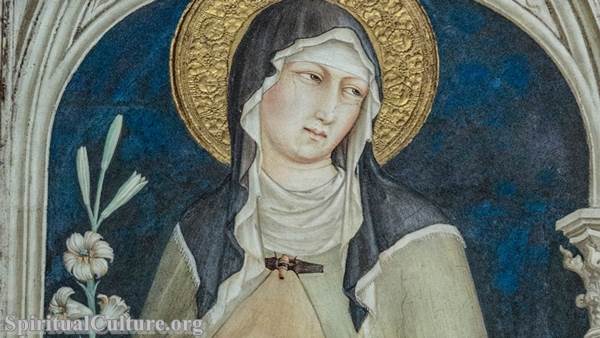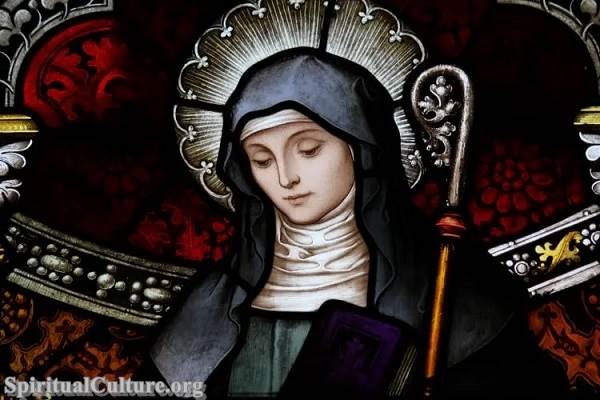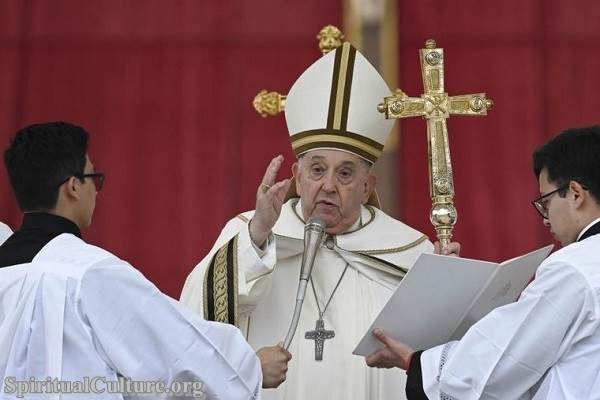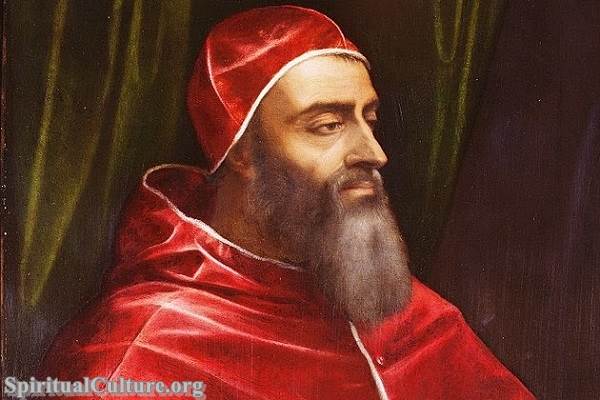Pope Urban VII was born on August 4, 1521, in Rome, Italy, and given the name Giovanni Battista Castagna. He was educated at the University of Padua and became a bishop in 1560.
Pope Urban VII was elected as pope on September 15, 1590, at the age of 69. His papacy was very short-lived, and he did not have the opportunity to undertake many initiatives. However, during his brief pontificate, he did take some steps to reform the Church and address corruption among its officials. He also ordered a report on the finances of the Church and issued a series of decrees aimed at improving the administration of Church property.
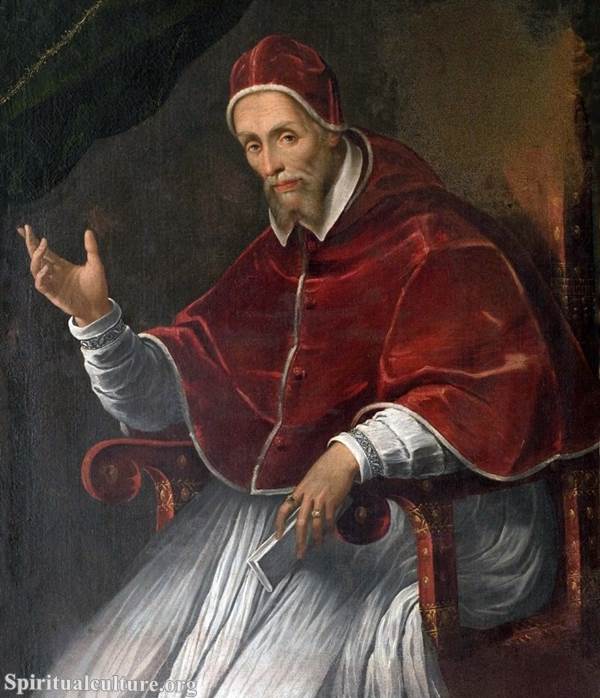
One of the most significant acts of Pope Urban VII’s papacy was his promulgation of a new edition of the breviary, the book of prayers and readings used by the clergy. This new edition was designed to be more accessible to the laity and more in line with the reforms of the Council of Trent.
Unfortunately, Pope Urban VII died just 12 days after his election, on September 27, 1590, from an unknown cause, possibly malaria. He was buried in St. Peter’s Basilica in Rome. Despite his short reign, Pope Urban VII is remembered for his efforts to reform the Church and address its financial and administrative issues.
After the death of Pope Urban VII, the papal conclave convened again to elect a new pope. The next pope, Gregory XIV, was elected on December 5, 1590.
Although Pope Urban VII’s papacy was short, he did leave a lasting legacy. His reforms to the Church administration were continued by his successors, and his edition of the breviary remained in use for over 300 years. Pope Urban VII’s dedication to reform also set an example for future popes to follow, and his brief reign served as a reminder of the need for strong and effective leadership in the Church.
Pope Urban VII’s legacy also lives on in the numerous paintings and portraits that depict him. He is often depicted in traditional papal vestments, with a stern expression on his face. His image can be found in many churches and museums around the world, as well as in the Vatican’s extensive art collection.
In conclusion, Pope Urban VII’s papacy was short but significant. He dedicated his brief reign to reforming the Church and addressing its administrative and financial issues. Although he did not have the opportunity to undertake many initiatives, his legacy lives on in the reforms he initiated and the example he set for future popes to follow.
